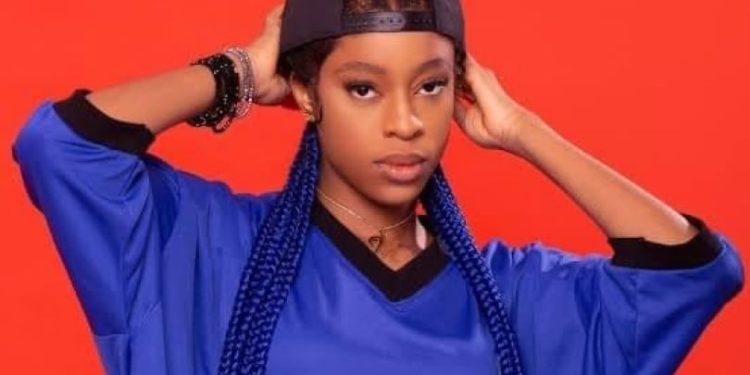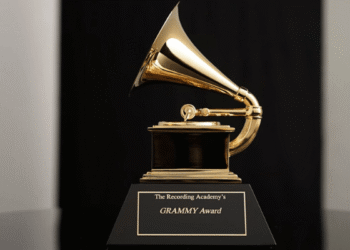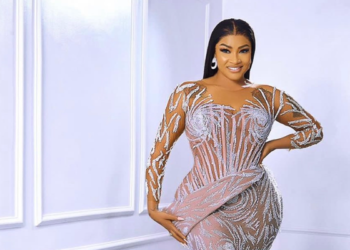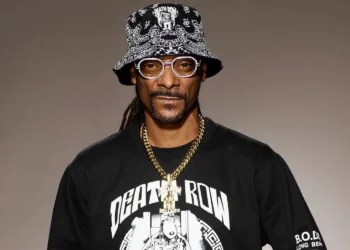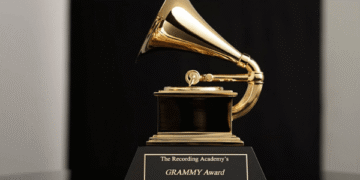Rising Nigerian singer Qing Madi has spoken out about the harsh realities female musicians face in the Nigerian music industry, claiming it is unsupportive and biased against women.
On a recent episode of the Wahala Podcast, the American Love singer pointed to the unequal treatment and constant scrutiny women endure compared to their male counterparts.
“I think the [music] industry is not the best for women in terms of protecting women, loving women in general,” Qing Madi said.
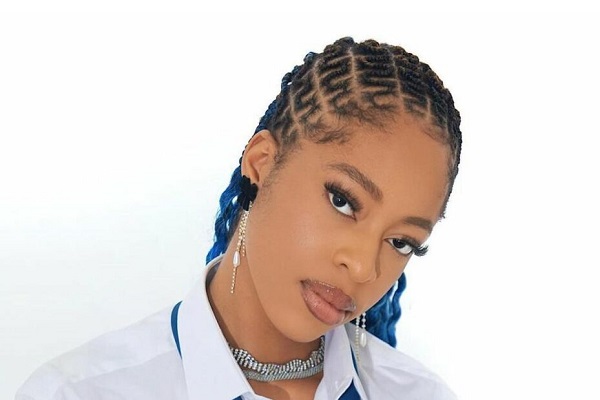
She added:
“Women have to do twice as much work as their male counterparts. Women are oftentimes criticised for nothing. But they don’t do that to the men. The men have the right to do whatever they like, but for the women, society just wants to box women so much.
“I go through that, which is crazy because I’m 19. So what do you want me to do? Women never get a break. So I’m super proud of being a female artist in Nigeria. And I’m super proud of every female artist in Nigeria because it takes a lot [to be one]. It’s not easy.”
While her frustration is understandable, it also highlights a systemic issue in the Nigerian music scene. Female artists are often relegated to secondary roles, face stricter public scrutiny, and are expected to conform to societal expectations that male artists are rarely held to. This creates an environment where talent alone is not enough to succeed.
Critically, the industry’s lack of structured support for women reflects a failure by record labels, promoters, and stakeholders. Without deliberate efforts to create equal opportunities, female musicians will continue to navigate a landscape stacked against them. The disparity is not just unfair—it limits the growth and diversity of Nigerian music itself.
Qing Madi’s candid words serve as both a warning and a call to action: for Nigeria’s music industry to thrive, it must recognize and dismantle the barriers holding women back, ensuring that female artists are judged by talent, not gender.

